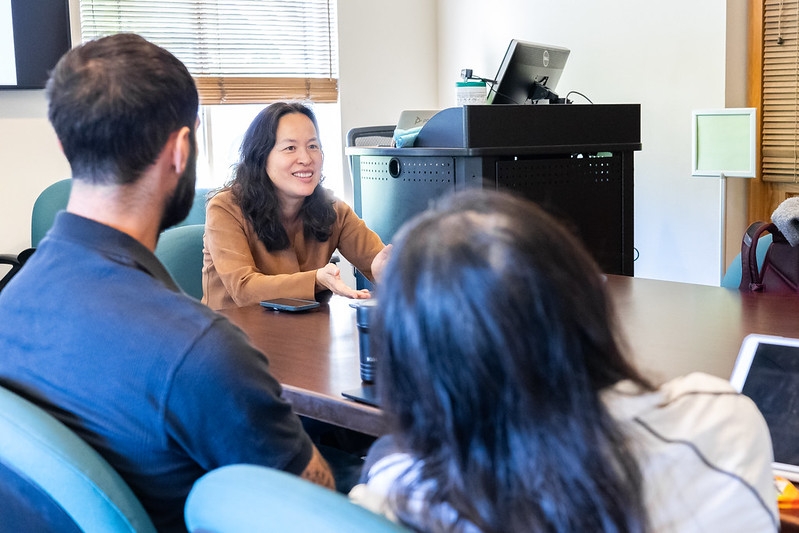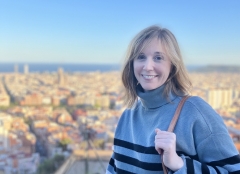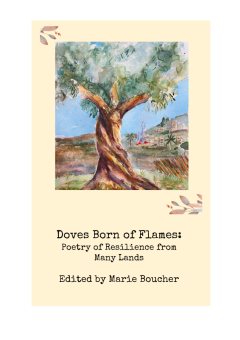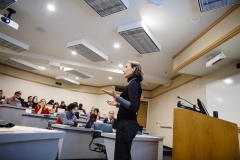Karen Nershi Joins Middlebury Institute as Part of Cybersecurity Expansion
| by Sierra Abukins
She will be teaching courses and continuing her research on international security questions emerging from the adoption of new technologies, with a particular focus on ransomware, state-backed cyber crime, and cryptocurrency.




